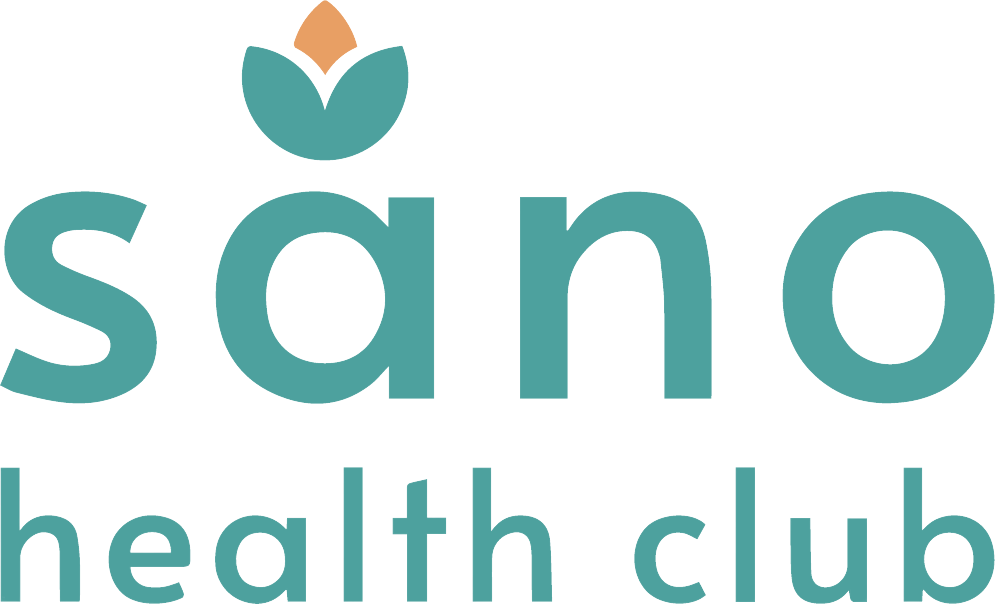The gut-brain axis (GBA) isn’t just a buzzword in the health and wellness field. The GBA refers to bidirectional communication between the central nervous system (CNS) and the enteric nervous system (ENS). Research indicates the gut and brain are more closely linked than was previously thought. Understanding the gut-brain connection starts with serotonin.
Serotonin (5-hydroxytryptamine) is a neurotransmitter often called a chemical messenger because it carries signals between neurons (nerve cells) in the central nervous system (CNS) and the peripheral nervous system.
Serotonin plays a crucial role across bodily systems such as:
- Appetite
- Blood clotting
- Bone health
- Bowel movements
- Mood
- Sleep
Read on to learn about serotonin’s vital role in the gut-brain axis.
Serotonin Production in Your Brain and Gut
Serotonin is manufactured both in the brain stem and in the gut. 95% of serotonin production is attributable to gut bacteria.
Serotonin is made from the essential amino acid tryptophan. The human body does not produce essential amino acids; we must obtain them from our diets in foods such as turkey.
Serotonin is highly involved in the ENS, which aids the GI tract with gastrointestinal motility, peristalsis, and mucous secretion. Because it is the largest and most complex network in the peripheral nervous system, the ENS is often called the second brain.
Enterochromaffin cells (EC cells) release serotonin from the digestive tract lining. SERT (serotonin transporter) proteins help deliver serotonin to serotonin receptors of the intestinal wall, where serotonin signaling occurs.
Serotonin can communicate feelings of fullness, bloating, or pain to the vagus nerve, which monitors digestion, heart rate, and respiratory rate. The vagal nerve is the primary means of communication in the gut-brain axis.
Serotonin influences gut function and communication between the gut and brain.
How Serotonin Dysregulation Affects Anxiety and Depression
The gastrointestinal (GI) tract is teeming with bacteria referred to as gut microbiota. A certain level of “bad” bacteria in the GI tract is normal. The gut flourishes when the ratio between good gut bacteria and bad gut microbes is well-balanced. This connection between the GI tract and brain means a flourishing gut leads to healthy brain functions.
If gut bacteria become unbalanced, this could lead to gut issues and disorders such as:
- Abdominal pain
- Autoimmune diseases such as inflammatory bowel disease or rheumatoid arthritis
- Irritable bowel syndrome (IBS)
- Constipation
- Food intolerances
- Mental health disorders
- Obesity
Interestingly, most of the immune system resides in the gut. If our gut flora isn’t flourishing, our immune system can weaken.
One review indicates that improving the gut microbiome could prove helpful in treating gut-brain axis illnesses. A 2018 review also suggested gut bacteria are quite influential in mental disorders, such as anxiety and depression.
Anxiety and depression can also occur when serotonin levels are lower. Serotonin aids with mood modulation. Normal levels of serotonin are associated with happiness, focus, and emotional stability. When serotonin levels decrease, the risk of anxiety and depression goes up.
What is the relationship between serotonin in the gut and depression? Because serotonin helps manage mood, lower serotonin levels in the gut can lead to depression.
It’s also possible to have too much of a good thing. Serotonin syndrome, typically caused by medication, is when serotonin builds up in the body. Side effects of too much serotonin include:
- Agitation
- Confusion
- Diarrhea
- Headache
- Increased heart rate
- Insomnia
In rare instances, serotonin syndrome can cause high fever, irregular heartbeat, and seizures. If you experience any of the above symptoms as a result of taking antidepressants, be sure to contact your healthcare provider immediately.
Balance and Restore Serotonin in The Gut
What causes low serotonin in the gut? Low serotonin in the gut may be caused by poor diet, hormonal changes, and genetics. Chronic stress and lack of sunlight can also cause low levels of serotonin.
Try natural serotonergic therapies to increase your serotonin levels:
- Improve gut health: Start with a healthy diet. Consume plenty of fiber via fruits and vegetables. Incorporate low-fat meats such as chicken and fish. For carbohydrates, choose whole grain nutrition over refined carbs like white bread and pasta.
- Include tryptophan-rich foods: Tryptophan is crucial in forming serotonin. Enjoy tryptophan-rich foods like whole milk, beef, lean chicken, turkey, fish, soy, eggs, squash, pumpkin seeds and oats. nuts, tuna, turkey, and oats.
- Consider a probiotic: Probiotics help balance gut microbiome dysfunction.
- Manage stress: Identify stressors in your life and consider how to minimize their impact. Often, scheduling time for stress relief activities can help with stress management. Go on a hike, try meditation, or take a cooking class and see if joy and contentment follow.
- Get outside: 10-30 minutes of sun exposure, several days a week, is a good start. Sunlight triggers the brain to release serotonin.
Another way to restore serotonin levels is through antidepressants called selective serotonin reuptake inhibitors (SSRIs). An SSRI drug inhibits the reabsorption of serotonin by neurons, making more serotonin available for sending messages between neurons.
Serotonin antagonist reuptake inhibitors (SARIs) are also commonly used to treat depression. SARIs block serotonin receptors and inhibit the uptake of serotonin, norepinephrine, and dopamine.
SSRIs are not without downsides, however. The known side effects of SSRIs — nausea, vomiting, diarrhea, nervousness, and restlessness — are just one more link pointing toward the gut health and mental state connection.
How can I increase serotonin in my gut? The best way to increase serotonin in the gut is through your diet. Start by cultivating a healthy diet that includes tryptophan-rich foods such as fish, beans, lentils, and soy products to improve serotonin production.
Improve Your Gut; Improve Your Mind
To work with a provider to optimize your gut, brain, and everything in between, book a free intro call with Sano Health Club!
Sources
- Carabotti, M., Scirocco, A., Maselli, M. A., & Severi, C. (2015). The gut-brain axis: interactions between enteric microbiota, central and enteric nervous systems. Annals of gastroenterology: quarterly publication of the Hellenic Society of Gastroenterology, 28(2), 203.
- Terry, N., & Margolis, K. G. (2016). Serotonergic mechanisms regulating the GI tract: experimental evidence and therapeutic relevance. Gastrointestinal Pharmacology, 319-342.
- Breit, S., Kupferberg, A., Rogler, G., & Hasler, G. (2018). Vagus nerve as modulator of the brain–gut axis in psychiatric and inflammatory disorders. Frontiers in psychiatry, 44.
- Vijay, A., & Valdes, A. M. (2022). Role of the gut microbiome in chronic diseases: A narrative review. European Journal of Clinical Nutrition, 76(4), 489-501.
- O’Mahony, S. M., Clarke, G., Borre, Y. E., Dinan, T. G., & Cryan, J. F. (2015). Serotonin, tryptophan metabolism and the brain-gut-microbiome axis. Behavioural brain research, 277, 32-48.
- Appleton, J. (2018). The gut-brain axis: Influence of microbiota on mood and mental health. Integrative Medicine: A Clinician’s Journal, 17(4), 28.


